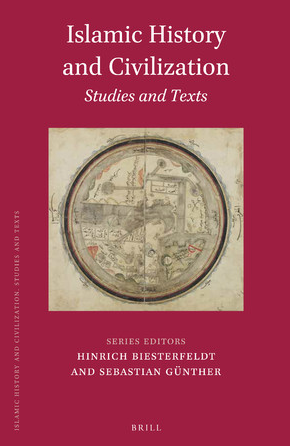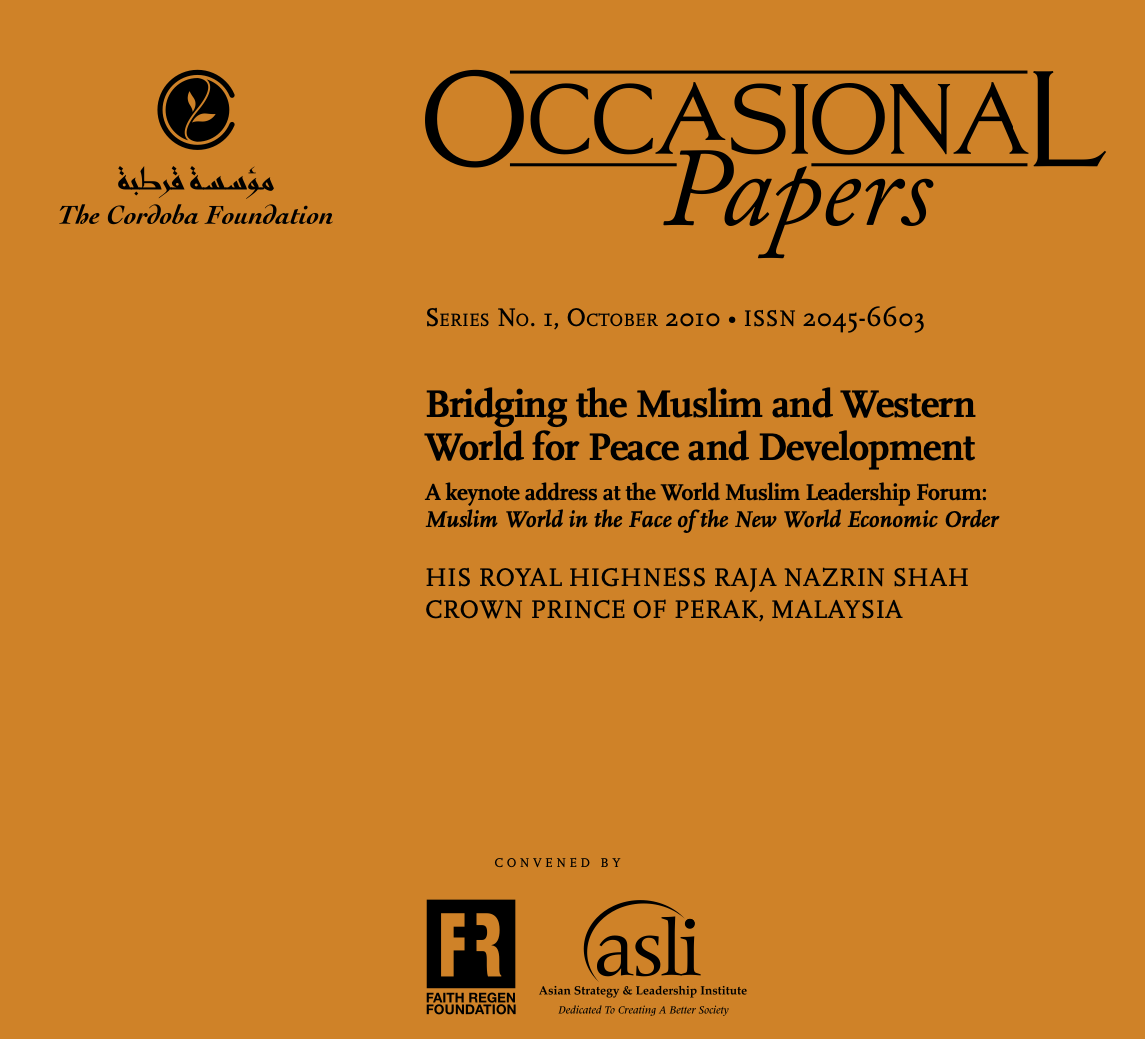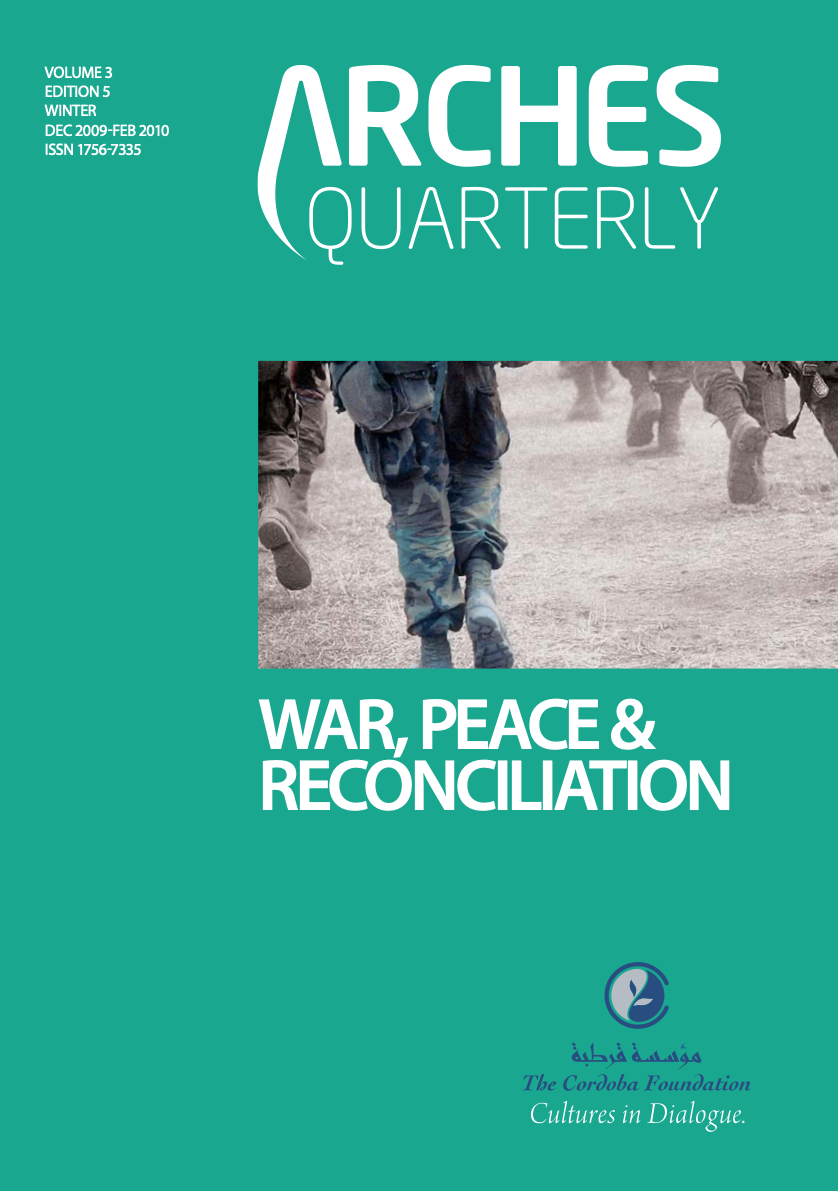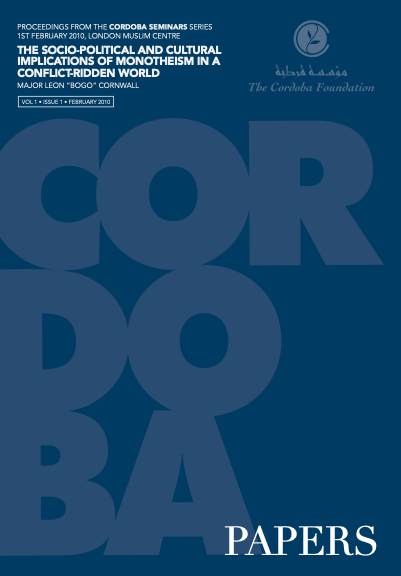
Mar 5, 2010 | News & Press
The Muslim Council of Britain hosted a special closed-meeting to discuss the growing spate of attacks in all its forms against British Muslims on March 3rd at the Grand Committee Room of the House of Commons.
The event entitled ‘Tackling Islamophobia: Reducing Street Violence Against British Muslims’ brought together distinguished Parliamentarians, academics, journalists, police, public servants, and community representatives who all endorsed calls for the establishment of an All-Party Parliamentary Committee on Islamophobia with a view to holding a parliamentary inquiry on Islamophobia in the UK.
The meeting took contributions from experts and responses from parliamentarians and was concluded with a Q&A session with the audience who comprised of individuals from over 80 organisations.
Mohammad Sarwar MP who sponsored the event said ‘Islamophobia is a big challenge’ and offered his full support for an All-Party Parliamentary Group.
Internationally renowned journalist and political commentator Peter Oborne said ‘tolerance defines our constitution and the British people. If the UK is to live up to its tradition of tolerance, this needs to be taken seriously. Islamophobia needs to be abolished’. He added that the committee had a ‘big job to do’. Mr Oborne previously presented a Dispatches programme on Channel 4 in July 2008 called It Shouldn’t Happen to a Muslim where he argued that the demonisation of Muslims has become widespread in British media and politics.
Robin Richardson former director of the Runnymede Trust who was the Editor of the groundbreaking report Islamophobia: a challenge for us all (published in 1997), highlighted the various forms which encompass Islamophobia: ‘discourse, violent behaviour, discrimination and social exclusion.’
Dr Phyllis Starkey MP, Chair of the Communities and Local Government Select Committee fully endorsed the initiative and emphasised the importance of focusing on ‘respect’ as opposed to ‘tolerance’.
Shadow Minister for Justice, David Burrows MP urged people to contact their local MPs to motivate them to get more involved. ‘The community must show the extent of the problem and make politicians act’.
The Liberal Democrat Communities and Local Government Minister Dan Rogerson MP said that a parliamentary group is an ‘excellent way forward for these issues’ adding that ‘it would be a means of defending UK values of tolerance and respect for human rights’.
Other Parliamentarians who spoke in support of the initiative included Baron Ahmed of Rotherham who said ‘demonisation of Muslims and Islam has become fashionable’, Baron Sheikh of Cornhill who said the ‘media and politicians need to refrain from inflammatory reporting: freedom of expression must be exercised with responsibility’ and the cross-bencher Baron Hylton of Hylton who stressed the need to ‘promote good community cohesion and civic involvement’.
Other messages of support were received from Jeremy Corbyn MP and Diane Abbott MP.
A host of academics added to the discussion: Dr Jonathan Githens-Mazer from the European Muslim Research Centre who in January published the report ‘Islamophobia and Anti Muslim Hate Crimes: a London case study’ said discrimination is becoming ‘privately rationalised and understood’. Islamophobia and Anti Muslim Hate Crime have ‘tangible affects on the UK as a whole’ and that ‘anything done to tackle this will benefit the whole of the UK’. Co-director Dr Robert Lambert MBE added that ‘the Far Right’s position of making Muslims the enemy is being rationalised by what is portrayed by the media’. He said that recommendations from the community would provide a ‘clear driver’ on this issue.
Maleiha Malik, from Kings College London, emphasised that ‘British history teaches us that minorities should not be feared’, while Dr Chris Allen from Birmingham University academic mentioned that despite Islamophobia being a ‘real experience’ it is still not taken seriously enough. ‘For the past 15 years we have had a number of reports, from a number of sources of the ‘hardening of attitudes and perceptions’ and there is still a lack lustre response. Why?’ He welcomed the call for a parliamentary group, saying it was ‘long overdue’.
‘Practitioners who work in this area also added to the discussion. Abdurahman Jafar, Chair of the Muslim Safety Forum said there is a ‘lack of institutional recognition and understanding’ regarding these issues while the President of the National Association of Muslim Police Zaheer Ahmed reiterated the fact that ‘Islamophobia and Anti Muslim Hate Crime have been affecting the Muslim community for years’. ‘Today is the start of raising awareness of these issues at a national, strategic level’.
In his keynote address, Dr Muhammad Abdul Bari, Secretary General of the Muslim Council of Britain said ‘at a time when Muslim communities are being exhorted to do more to tackle violence by a handful of extremists who purport to be Muslims, it is vitally important that our government and police are equally pro-active in seeking to tackle extremist violence against British Muslims and the Islamophobic climate that gives rise to it.’
He added, ‘the need for fair and equal treatment for British Muslims is even more pressing because many Muslims do not have sufficient confidence to report attacks against them to the police. There is therefore an urgent need to restore Muslim community confidence to tackle the problem of under-reporting of violent crime in much the same way as has been achieved with other minorities in the recent past. Time has come for politicians to finally take this issue as seriously as racism, anti-Semitism and homophobia’.
He ended by saying ‘the formation of an All Party Parliamentary Group on Islamophobia and Anti-Muslim Hate Crimes would be a crucial step and one that would inspire confidence in Muslim communities’.
The event was co-ordinated by Kawsar Zaman from the Muslim Council of Britain and supported by the Muslim Safety Forum, the Cordoba Foundation and the European Muslim Research Centre.
For more information, please check the MCB website`

Mar 1, 2010 | External Publications
The two relevant reports are:
Strategies for Engaging Political Islam
Political Islam is the single most active political force in the Middle East today. Its future is intimately tied to that of the region. If the United States and the European Union are committed to supporting political reform in the region, they will need to devise concrete, coherent strategies for engaging Islamist groups. Yet, the U.S. has generally been unwilling to open a dialogue with these movements. Similarly, EU engagement with Islamists has been the exception, not the rule. Where low-level contacts exist, they mainly serve information-gathering purposes, not strategic objectives.
Read More
The Myth of Excluding Moderate Islamists in the Arab World The map of Islamist movements in the Arab world has changed over the course of the past three decades. There are wide gaps between those movements that use violence, look to change political regimes by force, and seek confrontation with the West, such as al-Qa’ida, and those movements that seek to practice politics peacefully, have respect for the sovereignty of the state, and are willing to work with the reigning political regimes. These latter, moderate groups share a belief in coexistence with the West.

Feb 26, 2010 | Policy Papers
This issue highlights the keynote address ‘Bridging the Muslim and Western World for Peace and Development‘ from the World Muslim Leadership Forum: Muslim World in the Face of the New World Economic Order (organised by Faith Regen Foundation and the Asian Strategy and Leadership Institute) given by His Royal Highness Raja Nazrin Shah, Crown Prince of Perak, Malaysia on 7th October 2010.
OP_01Web
Feb 18, 2010 | External News
Amidst nervousness at the sharpening of rhetoric against Iran and a frustration of the stalemate in the issue of Israel and Palestine, the 7th US-Muslim world Forum took place in Doha between the 13th – 15th of February in Doha, Qatar.
Conceding that the Obama Administration had not yet delivered on some of its signature foreign policy goals, the US Secretary of State Hillary Clinton pleaded for patience saying that ‘Building a stronger relationship can not happen overnight or even in a year’. Addressing the conference via video link President Obama tried to focus on practical steps that the US had taken in trying to forge a new relationship with the Muslim World. He also mentioned the appointment of Rashad Hussein as his special envoy to the Organisation of Islamic Countries as a commitment to his seeking a new beginning with the Muslim World.
The 3 day forum which had a multitude of guests from all sorts of disciplines across the world included guests such as Anwar Ibrahim (Opposition Leader in Malaysia), Racep Tayyip Erdogan (Prime Minister of Turkey) and Sheikh Abdullah Bin Bayyah (Saudi Arabia) amongst others.
The forum explored issues in 5 different working groups designed to generate dialogue, ideas and policy recommendations to address challenges such as democracy, interfaith relations, diplomacy and civil society development. The working groups were:
- Role of Religious Leaders and Religious Communities in Diplomacy
- Democracy and Islamic Parties: Opportunities and Challenges
- Transformative Partnerships in US-Muslim World Relations: Empowering Networks for Community Development and Social Change
- Scientific, Intellectual and Governance Cooperation on Emerging Environmental Challenges
- New Media to further Global Engagement.
The event was not without its critics though. Some who expressed concerns over the sponsors of the forum itself , whilst others expressed disappointment at the lack of real sign for moving beyond rhetoric and at the failure of the US administration to address burning issues
For more information about the event, please click here

Feb 3, 2010 | News & Press
Major Leon ‘Bogo’ Cornwall, in his own words a ‘prodigal son’, was born as a Methodist. He would later become disillusioned with the church for ‘failing to be relevant to the issues of young people’, and in the early seventies, would be attracted to the Black Power Movement and later on to Marxist / Leninist ideals which offered him a new vision for the world and his country.
Speaking at the Cordoba Seminars organised by The Cordoba Foundation in East London on February the 1st, 2010, Major Cornwall explained how justice, peace and equality was what he was after, where the vulnerable would have a significant place in society. In 1979, Major Cornwall would leave his family and join the People’s Revolutionary Army, which overthrew the government and established what was essentially a socialist government and which would work towards ‘Grenada being a better, more prosperous and cultured nation’.
However the Revolution was short-lived as Cornwall admits, ‘the internal struggles between members and the failure to grasp the totality of the situation’, meant that disputes arose. By 1983, the leader of the Revolution (and president of Grenada) was himself overthrown and executed by his colleagues, prompting an invasion by the US army. Major Cornwall and sixteen other colleagues were caught and imprisoned. Though they were sentenced to death, the sentences were changed to life imprisonment and Major Cornwall spent some 27 years in prison before being released in September 2009.
Today, Leon Cornwall is a changed man. Having rediscovered God and religion in prison, he says that ‘my vision for a world has not changed, but my philosophy of how to go about it has’. He now professes non-violence and education as a movement of social change. So transformed is he, that everywhere he goes, he acknowledges his mistake for the Revolution and asks for forgiveness: ‘I am deeply sorry for the pain, the sorrow, the loss, the chaos, the confusion that was brought to Grenada through our impulsive, thoughtless actions’ he remarked at the seminar.
From his own life story, it is evident Major Cornwall believes that part of the problem associated with the demise of the Revolution was that the revolutionaries had turned away from God and therefore lacked a spiritual base. “The Revolution gave men and women power, with the gun as the source of that power. Many were accountable only unto themselves and few dared question the doings of the leaders. For many of the players, the Revolution was a god. This left us in deep trouble, unable to appreciate human weaknesses and unable to make sound spiritual decisions when they truly mattered”, reflected Major Cornwall.
Major Leon Cornwall’s story is incredibly moving and inspiring. It is not about social recognition or acceptance but it is about leadership taking responsibility for their actions on their people and for any catastrophe that may have been caused by their actions. In today’s climate, as world leaders are being challenged to take responsibility for their actions, they would do well to learn from Major Cornwall’s humility in acknowledging his mistakes.
The full speech by Major Leon Cornwall at the Cordoba Seminars is published here

Feb 1, 2010 | Arches
A quarterly journal providing deeper and nuanced analysis of the issues and developments in the arena of dialogue, civilizations, and a rapprochement between Islam and the West
Download Publication (PDF, 2354kb)
In this edition, Arches Quarterly provides deep analysis on war, peace and reconciliation. As individuals, groups and societies, we cannot circumvent these as they involve us all in some form or another either through our beliefs, ideals or socio and geo-political circumstances.








